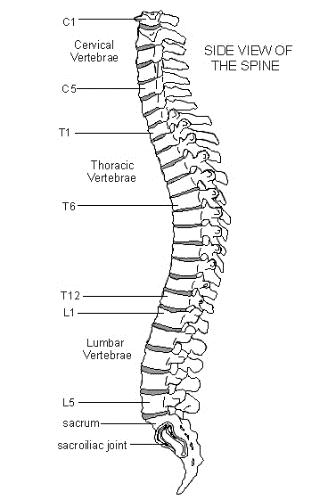|
Exploring Psalm 119 from a scientist’s perspective: introduction part 2
Peter Gray-Read BSc MSc
To help illustrate the importance of this scripture in exemplifying a life of commitment and sanctification, there are various analogies we could make. Because of its devotion to, and elevation of the law, because of its themes of righteousness, mercy and truth and because of the author’s heart for God which is tested in many trials and afflictions Psalm 119 can be seen as the backbone of Old Testament discipleship. It gives structure and order but also liberty / flexibility:
 ‘And I will walk at liberty for I seek thy precepts’. v45 ‘And I will walk at liberty for I seek thy precepts’. v45
It has themes of righteousness and grace, and the name of Yahweh is always upheld in prayer, petition and entreaty. It may be of interest to note that in some estimates the middle verse of the Bible is Ps 118 v8 It is better to trust in the Lord than to put confidence in man. There is room for debate about the exact center but Ps 119 is close!
In numerical terms if you include the fused vertebra of the sacrum and coccyx there are 33 vertebra in the backbone of which 24 are fully articulating with 23 intervertebral disks. The first two vertebrae are unique in design – supporting the head. So you could say there are 22 regular vertebrae, the same as the number of Hebrew letters in the Aleph – Beth. Of course with the addition of the final letter shapes (sofit) and the vowel signs we could get to 33 or more
Is David preoccupied with the law? Yes’ in many ways he is, but it is with the law in all its aspects and it is always with the end in view, which is a whole hearted obedience, devotion and we could go as far as to say loving relationship with Yahweh his creator v73 and saviour v41 and 94. It is a very personal and reflective psalm but he is mindful of others; both those who can be encouraged by his struggles and those whose walk is ‘undefiled’ perhaps more set apart or holy. ‘Blessed are the ‘undefiled’ in the way – v1
David does in places claim to have kept the law, and then, in places, he yearns to be able to keep the law - v5 ‘O that my ways were directed to keep thy statutes! In many places he commits himself to keep the law: v8 ‘I will keep thy statutes: O forsake me not utterly.’ If, in one section he seems to boast about keeping the law we find it followed in the next by the realisation that he can’t do it himself: ‘teach me thy statutes, make me to go…, incline my heart, turn away my eyes
Yes, it does seem introspective and ‘I’, ‘me’, ‘my’ are very common pronouns but that tends to be a feature of those under the law. Grace makes us look up to the one who alone can perfect us through the finished work of the one who has fulfilled the law
The views carried here are those of the author, not of Network Yarmouth, and are intended to stimulate constructive debate between website users
Click here to read our forum and comment posting guidelines
|
|
|
|